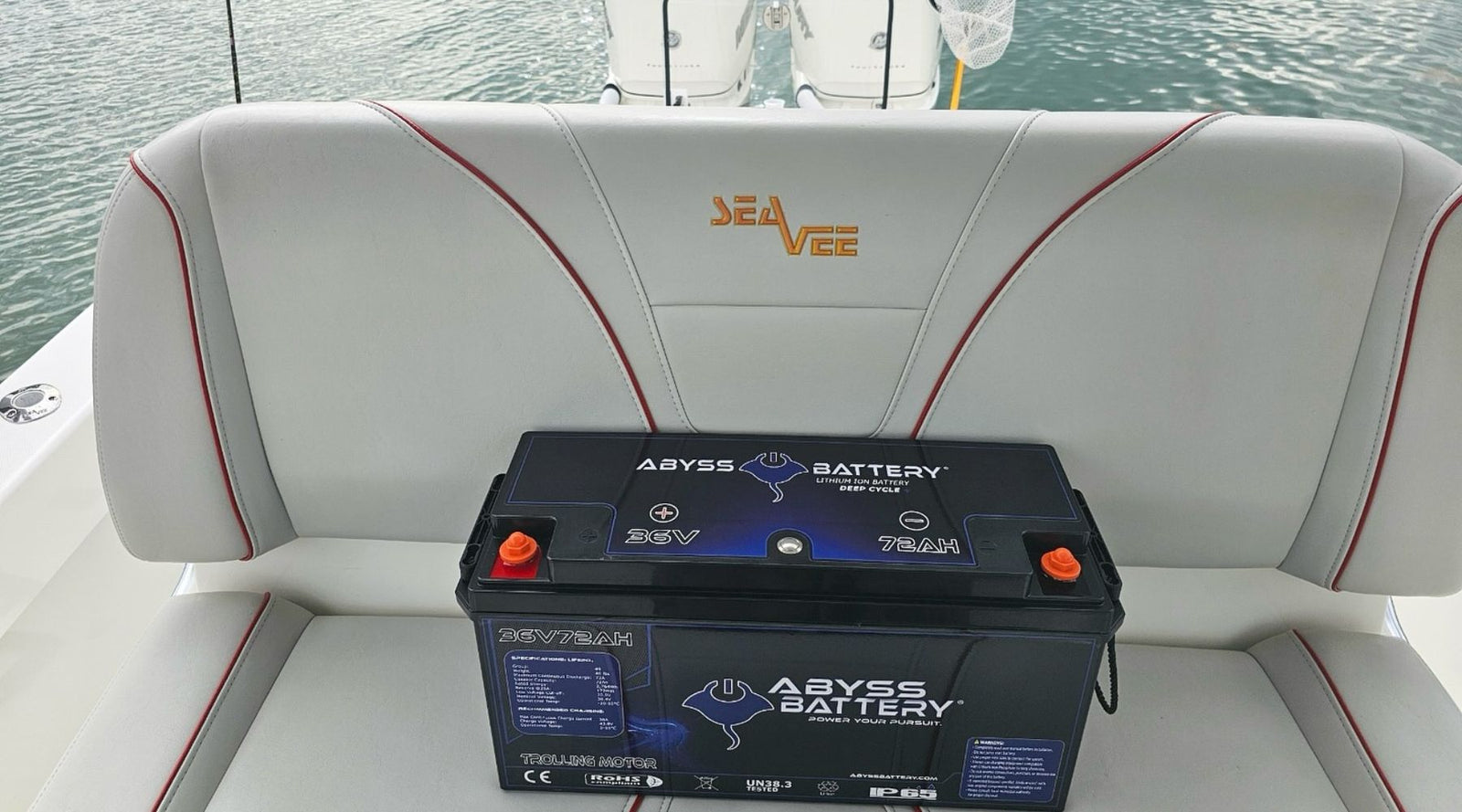Solar vs. Lithium Batteries for Your Boat: Which To Choose?

Navigating the waters requires not just skill but also reliable power sources, and many boaters must choose between solar and lithium batteries. By looking at the differences between solar and lithium batteries, you’ll have a better idea of which one to choose for your boat.
Understanding Solar Energy for Boats
Photovoltaic (PV) cells harness solar energy and convert sunlight into DC (direct current) electricity, providing a renewable power source for various applications on your watercraft. You can store the energy in batteries or use it directly to power your boat’s electrical systems.
Benefits of Solar Energy
- Solar energy is abundant and renewable, and it doesn’t deplete over time.
- Using solar energy minimizes the environmental impact of your boating activities. It’s a clean and green power source.
- Solar panels require minimal maintenance and have low operating costs, making them cost-effective in the long run.
Limitations of Solar Energy
- Solar panels operate on sunlight, and cloudy or rainy weather can affect their efficiency.
- The upfront cost of purchasing and installing solar panels can be relatively high.
- Solar panels need sufficient space on your boat for optimal performance. Limited deck space might be a challenge.
Exploring Lithium Batteries for Watercraft
Lithium batteries are popular among boaters because of their high energy density, compact design, and long lifespan. These batteries store electrical energy through chemical reactions, providing a stable and consistent power supply for your boat’s electrical systems. Trolling motor lithium batteries are perfect for long trips but pose space limitations.
Advantages of Lithium Batteries
- Lithium batteries store a lot of energy in a compact cell, providing extended power for your boat’s equipment.
- These batteries are lighter than lead-acid batteries, reducing the overall weight of the watercraft.
- Lithium batteries charge faster than other types. You’ll spend less time waiting to juice up and more time enjoying your boating adventures.
Drawbacks of Lithium Batteries
- Lithium batteries are more expensive upfront than other types. However, their long lifespan can offset this cost over time.
- Lithium batteries require specialized charging systems and monitoring equipment.
- Lithium batteries could pose safety risks if not handled properly. Follow manufacturer guidelines to protect yourself and your boat.
Comparing Solar vs. Lithium Batteries
Choosing between solar and lithium batteries depends on various factors, including your boating needs, budget, and environmental considerations. Solar panels provide a renewable and sustainable energy source, making them ideal for eco-conscious boaters. However, the weather can affect their efficiency.
On the other hand, lithium batteries offer reliable power, regardless of external factors. They have a higher initial cost than solar-powered batteries but offer long-term savings due to their extended lifespan and reduced maintenance needs.
Each Offers Unique Advantages
When choosing batteries for your boat, both solar and lithium offer unique advantages. By considering the strengths and weaknesses of each, you can hit the water knowing you’ve got a reliable power source that will get you through the entire trip.


Leave a comment